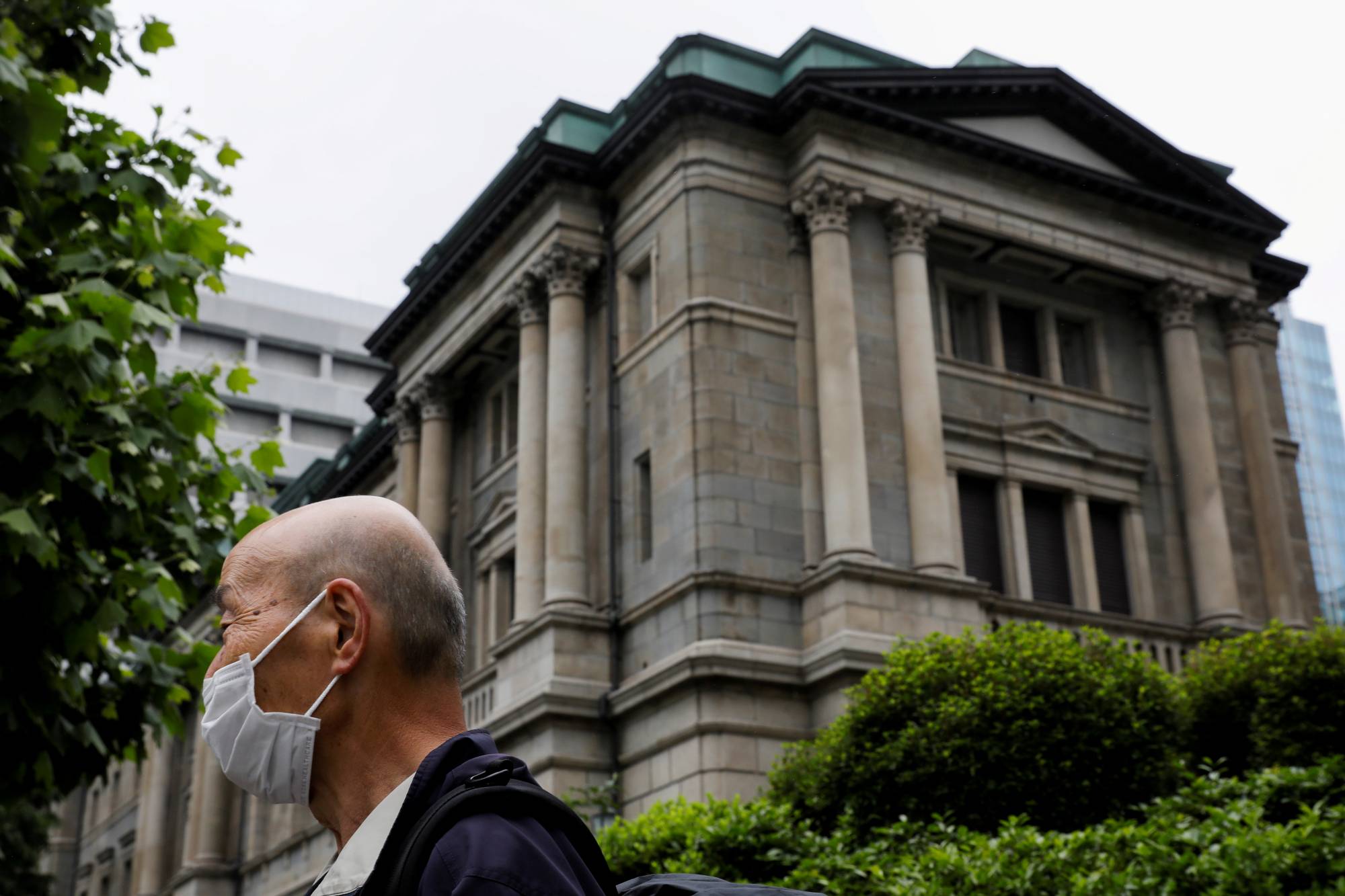In recent months, the Nikkei stock average recorded its highest levels in 30 years. The remarkable stock performance contrasts with the fragile economic conditions caused by the second state of emergency declaration in Tokyo and nine other prefectures amid the highest number of infections and deaths since the outbreak of the COVID-19 pandemic. The yen’s persistent appreciation since the middle of last year is also hurting Japanese firms’ foreign profits valued in yen.
Japan’s stock prices quickly rebounded after plummeting last March as the pandemic took hold. The major driver is higher U.S. stock prices — driven by excessive liquidity arising from massive monetary easing generated by the U.S. Federal Reserve. The impressive sales performance of large U.S. tech companies and the hope that the start of emergency vaccinations will accelerate the pace of a global economic recovery are also contributing to the stock hike.
In addition, the Bank of Japan’s policies have greatly contributed to Japan’s stock prices. The bank has expanded the maximum purchase amount of stock exchange-traded funds (ETFs) to ¥12 trillion annually in the face of the COVID-19 pandemic, from the annual pace of about ¥6 trillion. As a result, the central bank has become the largest shareholder in the Japanese stock market, causing market distortions.



















With your current subscription plan you can comment on stories. However, before writing your first comment, please create a display name in the Profile section of your subscriber account page.